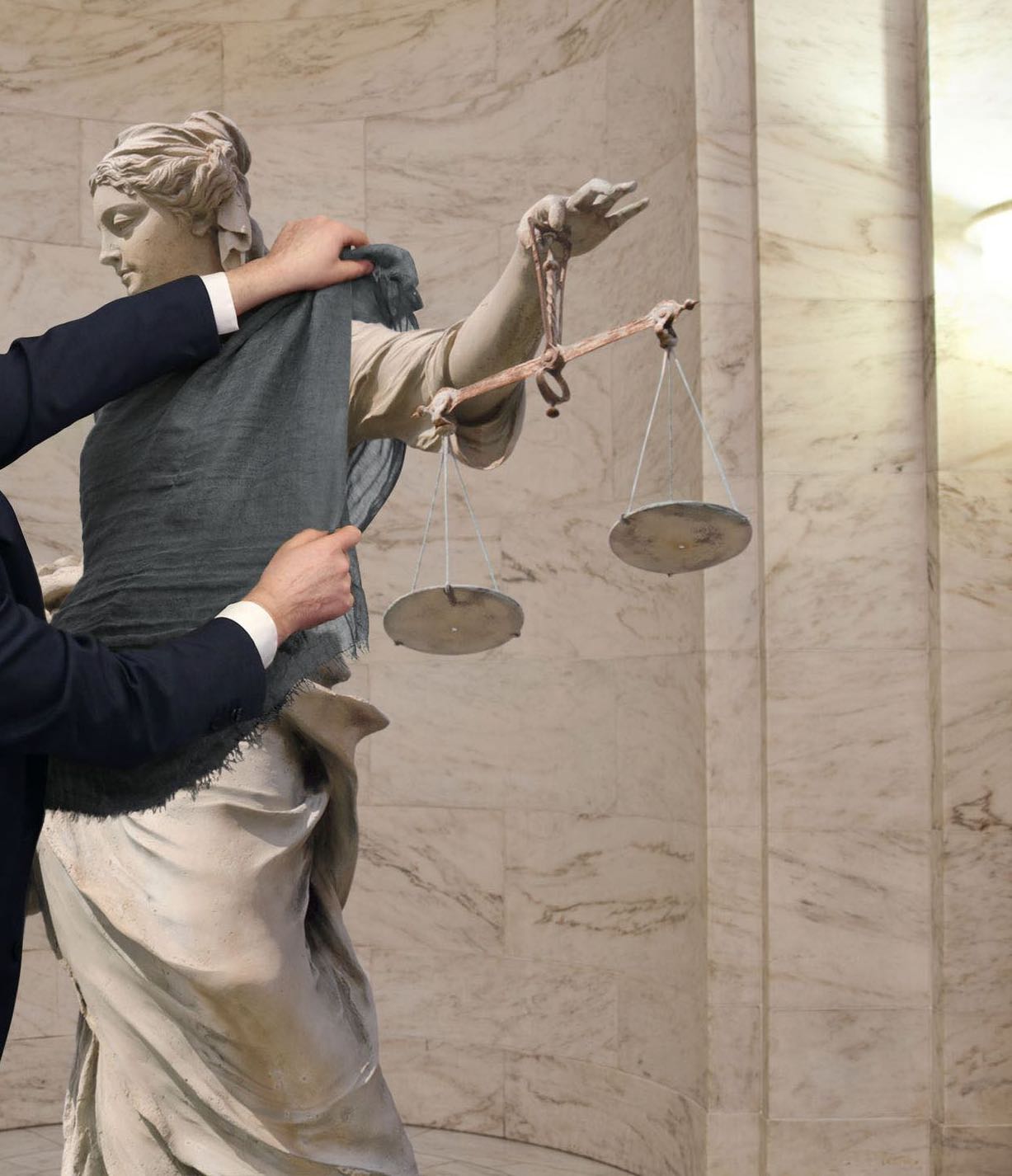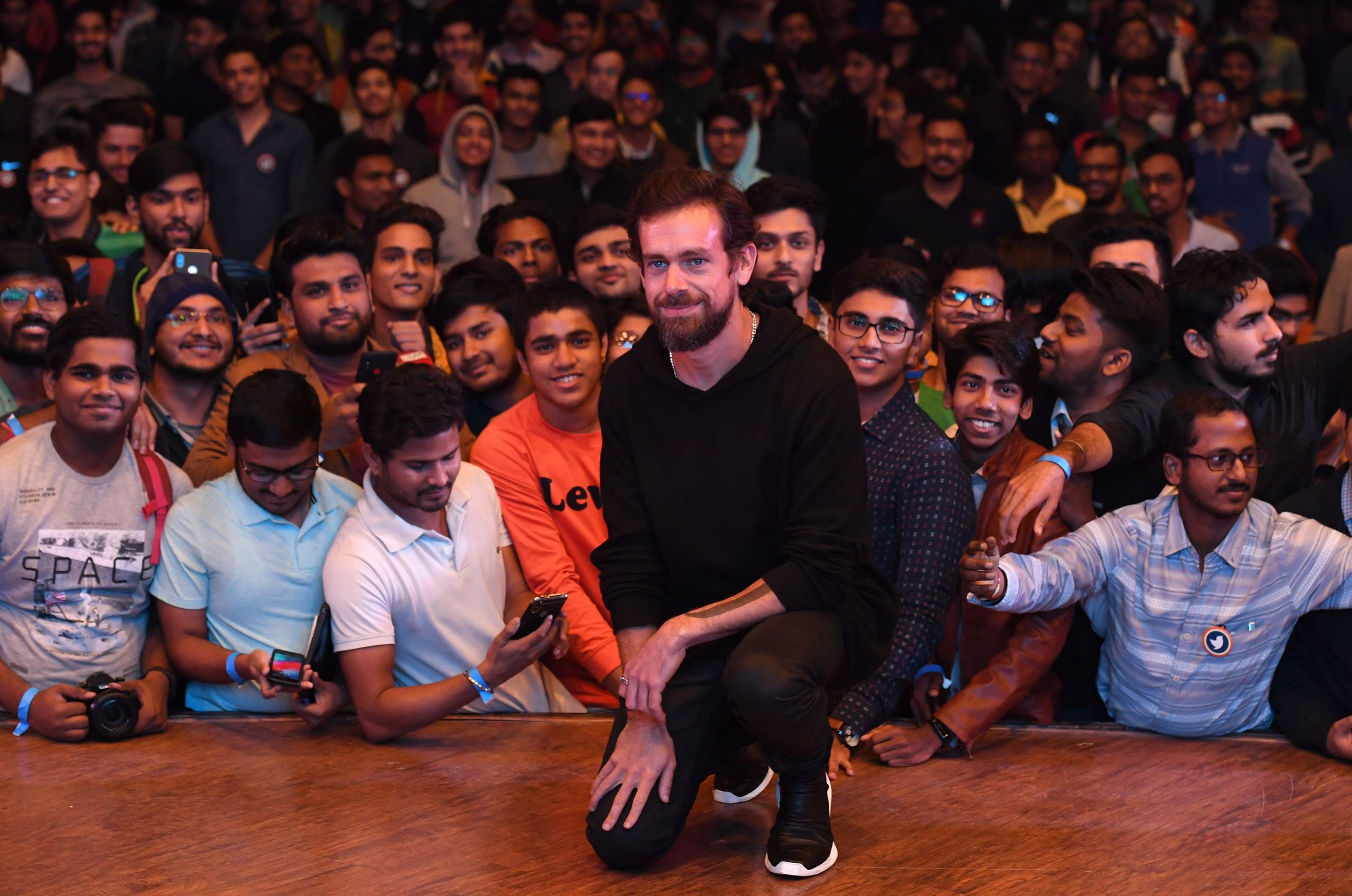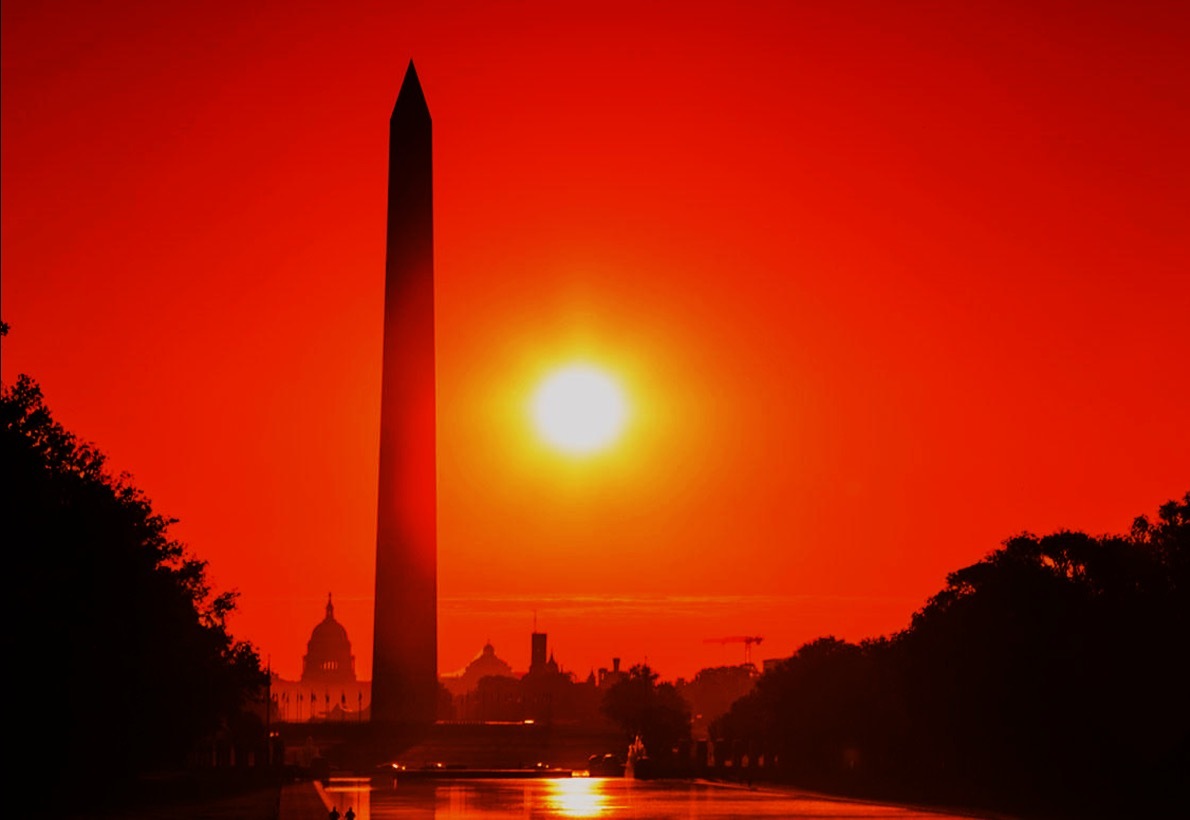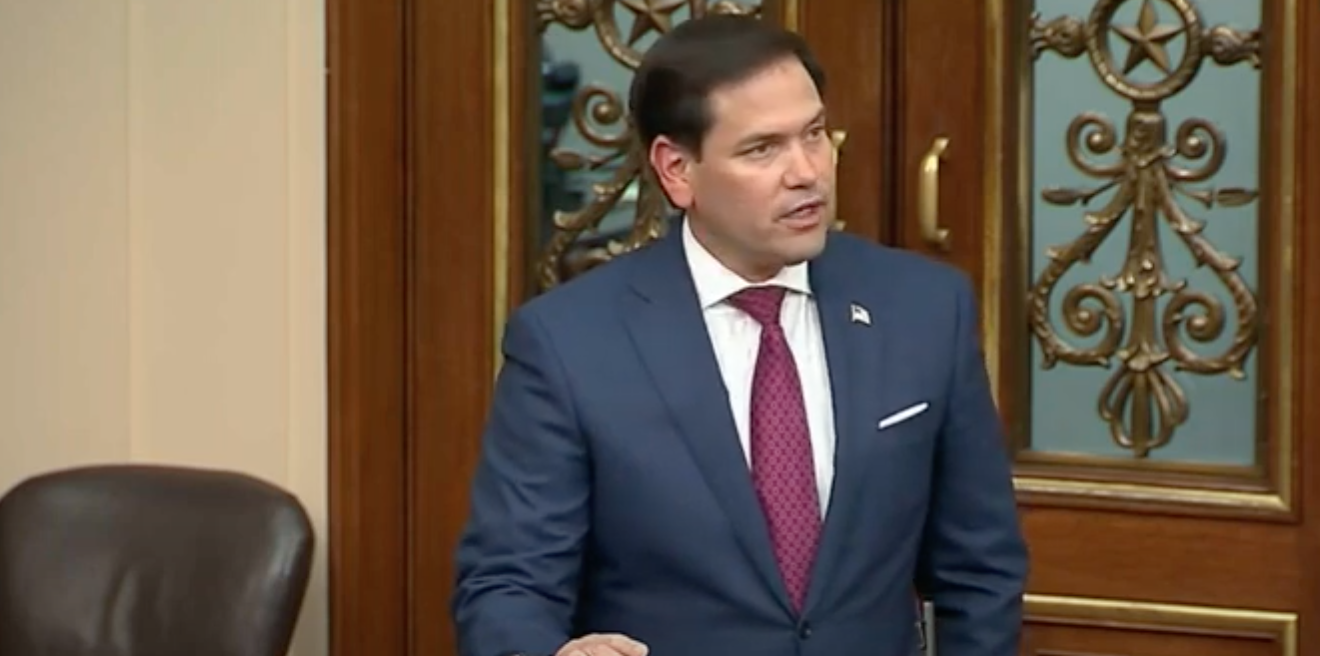Our K–12 students need guidance out of ignorance.
The Limits of Expertise
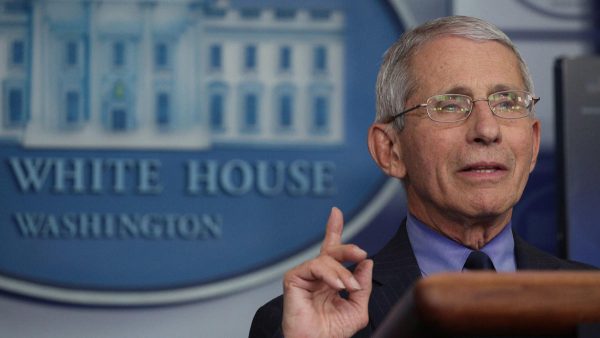
COVID-19 revealed what fools we have made of ourselves.
The coronavirus pandemic has exposed as fundamentally deficient the longstanding view of the technocratic Left that we would all be better off if experts held more power. On a whole raft of subjects, we have been told to sit down, shut up, and “believe the science.” For many, technical expertise has taken on a quasi-religious character.
As far back as Woodrow Wilson and Franklin Roosevelt, political figures have demanded government by experts. Wilson was a fan of the “politics-administration dichotomy,” which postulated that expert administrators should be left more or less free to dictate the details of governing once elected policymakers had determined the overall course. Roosevelt had declared, weeks before being elected in 1932, that “The age of enlightened administration has come.” But ever since then, as more and more power has been delegated to experts, it has become ever more clear that the line between political judgment and expert implementation is much fuzzier than Wilson or Roosevelt ever admitted.
There are three significant problems with the deification of expertise, and COVID-19 has demonstrated them all.
Exaggerated Expertise
First, we have a grossly exaggerated sense of how much experts actually know, even in their field. True expertise should not be denigrated. It takes years to develop and can be genuinely helpful to policymakers. But, even at its best, it is far removed from the sort of omniscience and capacity for clairvoyance attributed to it, at least implicitly, by its most robust defenders. Experts know a lot. They know the history of a subject, they know and can use the terminology unique to the subject, they have a good sense of the parameters of choice and the broad range of future possible outcomes. But they don’t know everything, and they frequently know less than they think they do (or say they do).
As we all are now painfully aware, the coronavirus ordeal has left a long trail of examples. The World Health Organization declared, long after the initial outbreaks, that COVID-19 was not a public health emergency. Then it was. The Surgeon General of the United States announced on March 2 that wearing masks was unhelpful. Then they became helpful and sometimes mandatory. The nation was gripped with fear when experts indicated that the virus lingered on surfaces for days or weeks. In late May, the Centers for Disease Control declared that this was not the case. It has been shown that initial models estimating infection and death rates were horrendously flawed, vastly overstating the impending damage, including 2 million deaths in the United States and half a million in the United Kingdom.
These are not just pragmatic adjustments made on the fly. They are failures of expertise. Based on their flawed models, the policy response preferred by the dominant experts included a lockdown of much of society. Businesses, churches, entertainment venues, schools, and parks all closed down. Months later, it was far from clear that this radical approach was effective. A comparison of U.S. states following a variety of approaches did not show that those with strict stay-at-home orders fared systematically better than those with looser rules. A comparison of countries abroad yields the same result. In mid-May, Gov. Andrew Cuomo of New York revealed that two-thirds of recent coronavirus infections in his state occurred in people who had observed the stay-at-home order, while nearly 20% had occurred in nursing home residents. Altogether, 85% of new cases were found in people who had been locked down.
Although an expert groupthink developed favoring the lockdown strategy, the experts were not unanimous in their appraisals. As early as mid-April, Professor Isaac Ben-Israel, the chairman of the Israeli National Council for Research and Development, estimated, based on data already available, that it did not matter much whether policymakers instituted lockdowns or not. A Hebrew University of Jerusalem team including David Gershon, Alexander Lipton and Hagai Levine similarly concluded the lockdown was unnecessary. Some Swedish experts convinced their government to forego a strict lockdown.
David Katz of Yale University’s Yale-Griffin Prevention Research Center argued for caution based on the unreliability of data on COVID-19, while noted Stanford epidemiologist John Ioannidis also challenged the groupthink, calling the lockdown “irrational.” Such differences of opinion should be expected among people who are smart but not omniscient. They pose a huge problem, however, for the argument that we should simply turn over decision-making to “the experts.” Which experts?
Narrow Expertise
The second problem with the elevation of expertise that has become manifest during the coronavirus crisis is that experts, while they might know a lot about one thing, rarely know much about other things, and often care even less. Yet most public policy problems—including this one—are multifaceted, touching on a number of areas of expertise.
In this case, elected officials turned to public health experts and epidemiologists for the obvious reason that the crisis originated as a pandemic. However, the crisis turned out to be much more than a public health crisis. It was also an economic crisis, a mental health crisis, a family crisis, an educational crisis, a non-epidemic related medical crisis, a political crisis, and a crisis in federal, state, and local government finance. It would always have been all of those things to some degree. The exclusive power given to public health experts, however, led to policy decisions that almost certainly made every other aspect of the crisis worse.
We now have to climb out of the steepest economic downturn since the Great Depression. In the short run, it cost millions of Americans their jobs and tens of thousands of small business owners their businesses. Though recovery seems to have begun, it is still uncertain and the downturn could yet thrust millions into poverty, multiply the ranks of the homeless, and, according to one estimate, lead to the deaths of 200,000 children worldwide.
As could have been predicted, reported incidents of domestic violence have surged in the U.S. and elsewhere. Similarly, from Tennessee to California, the lockdown has coincided with a frightening increase in suicides and attempted suicides, particularly among young adults. One San Francisco Bay Area ER doctor claimed in late May that he had seen a year’s worth of suicides in the previous month. We are social creatures, and we have deliberately rent our social fabric, with a very high cost.
Many of the nation’s K-12 students have lost several months of effective educational instruction, and will fall farther behind if the lockdown continues into fall. At the college level, millions of students were thrust into online classes. Many found it hard to remain motivated while many with modest means, poor internet service, and/or difficult family situations found it hard to keep up with the work. Learning and grades suffered and graduations were delayed.
Meanwhile, unrelated medical problems accompanied the lockdown. British health experts began expressing concerns that non-COVID positive people were avoiding normal doctor visits with potentially serious health consequences, and lockdown orders often prohibited elective surgeries. Many hospitals are now teetering on the brink of bankruptcy because non-COVID patients have been locked out. And, while the subject of many a funny internet meme, eating and exercise habits during the quarantine period will undoubtedly inflict a non-trivial toll on the overall health of many.
Those who are particularly concerned about social and economic inequality might notice that many of these consequences are borne disproportionately, though not exclusively, by the lower rungs of society. Professors and administrators can work remotely; college groundskeepers, housekeepers, and dining staff cannot.
Not least is the potential political blowback. There will be further loss of trust in institutions. We have undoubtedly trampled on a number of constitutional protections and will look back with regret at precedents that have been set. Some combination of large tax increases, large spending cuts, and massive debt are on the horizon.
Fiscal disasters loom at all levels. We will not know when no more T-bills or municipal bonds can be sold until the day people stop buying them. When they do, we will suddenly become Greece in 2009. The last Depression set the stage for the destruction of multiple democracies that could not cope with the extremism unleashed by severe economic distress, and World War II was an indirect consequence.
It is, of course, premature to predict results of this magnitude, but it would also be foolish to ignore the potential for enormous domestic and international instability flowing from our situation—the virus itself, yes, but mostly our policy response to it. Indeed, it seems probable that the accumulated pressures of lockdown and economic distress contributed to the force of the recent protests and riots, though the death of George Floyd was the trigger.
In short, attempting to deal with the coronavirus pandemic by centralizing decision-making power in public health experts was not unlike trying to design an airplane by consulting only experts in wings. We did not need “the experts,” narrowly conceived. We needed many, many experts representing a broad range of opinions in public health, economics, psychology, sociology, education, health care broadly understood, constitutional law, politics, and fiscal policy. What we then needed most of all were generalists (we might have once called them statesmen) with the willingness to listen to the experts—all of them—and the authority and the willingness to then put them in their place, exercising prudence and good judgment in the pursuit of necessary tradeoffs.
Tyrannical Expertise
COVID-19 has exposed a third flaw in the near-deification of experts and the consequent elevation of their practical power. When public officials like state governors or the mayors of cities declare, “I am issuing a stay at home order because Dr. X, head of our public health office, says we must,” one of two things is true. One is that the elected official has in fact delegated the decision to the expert, in which case an unelected and unaccountable designee is making a decision of grave import to the lives, livelihoods, and rights of many, completely unchecked. The other is that the elected official actually holds the final say but is hiding behind the expert, in which case a different but no less corrosive form of unaccountability has arrived.
The problem of accountability and the imperfect understanding (and hence fragmentation) of the experts fuse to create an additional danger. Since there is actually no monolithic view among experts on difficult questions, elected officials can simply pick and choose the experts that say what they want to hear, put them ostensibly in charge of key policy decisions, and act as if the policy that they wanted all along has been handed down from on high by “science.” Amazingly, the experts they choose to elevate are usually the ones who tell them that an expansion of their own power is essential. That is not to say that expanding their own power is always their aim, or that no more noble motives are mixed in. But what politician can resist the suggestion that the good of society is coterminous with their own aggrandizement? “Science” is formidable enough that Governor Whitmer doesn’t even have to turn down power thrice before accepting it in another form. Unlike Caesar, she can simply accept the crown as soon as it is offered.
The tyrannical potential of this arrangement should be obvious. It has, in some recent cases, been demonstrated. The more committed we are to the doctrine that experts must always be given deference, the more vulnerable we are to this manipulation. The improvident elevation of expertise turns on its head the wisdom of the Founders, who were deeply wary of man’s intrinsic desire for power and committed to dividing power in order to frustrate such designs. It is no exaggeration to say that government wielded either directly by unchecked experts or by politicians using experts for cover is simply inconsistent with both consent of the governed and the protection of fundamental rights. The best rule in a republic is not deference to expertise. It is respect for expertise, but deference to no one.
It is too early to tell what the long-term political or policy effects of the coronavirus crisis will be. It seems likely, however, that millions of Americans have now noticed the limits and perils of government by expertise. If that is true, it may be the one unanticipated consequence of the national lockdown that will benefit us all. If it is not true or, worse, if it is true but it doesn’t matter because we have gone too far down this road for consent of the governed to regain its supremacy even when the populace is awakened, we may have two other tragedies to mourn: the end of hope for prudent public policy, and the death of republican government in all but name.
The American Mind presents a range of perspectives. Views are writers’ own and do not necessarily represent those of The Claremont Institute.
The American Mind is a publication of the Claremont Institute, a non-profit 501(c)(3) organization, dedicated to restoring the principles of the American Founding to their rightful, preeminent authority in our national life. Interested in supporting our work? Gifts to the Claremont Institute are tax-deductible.
When we come at Silicon Valley’s kings, we best not miss again.
Don’t let the commies win.

